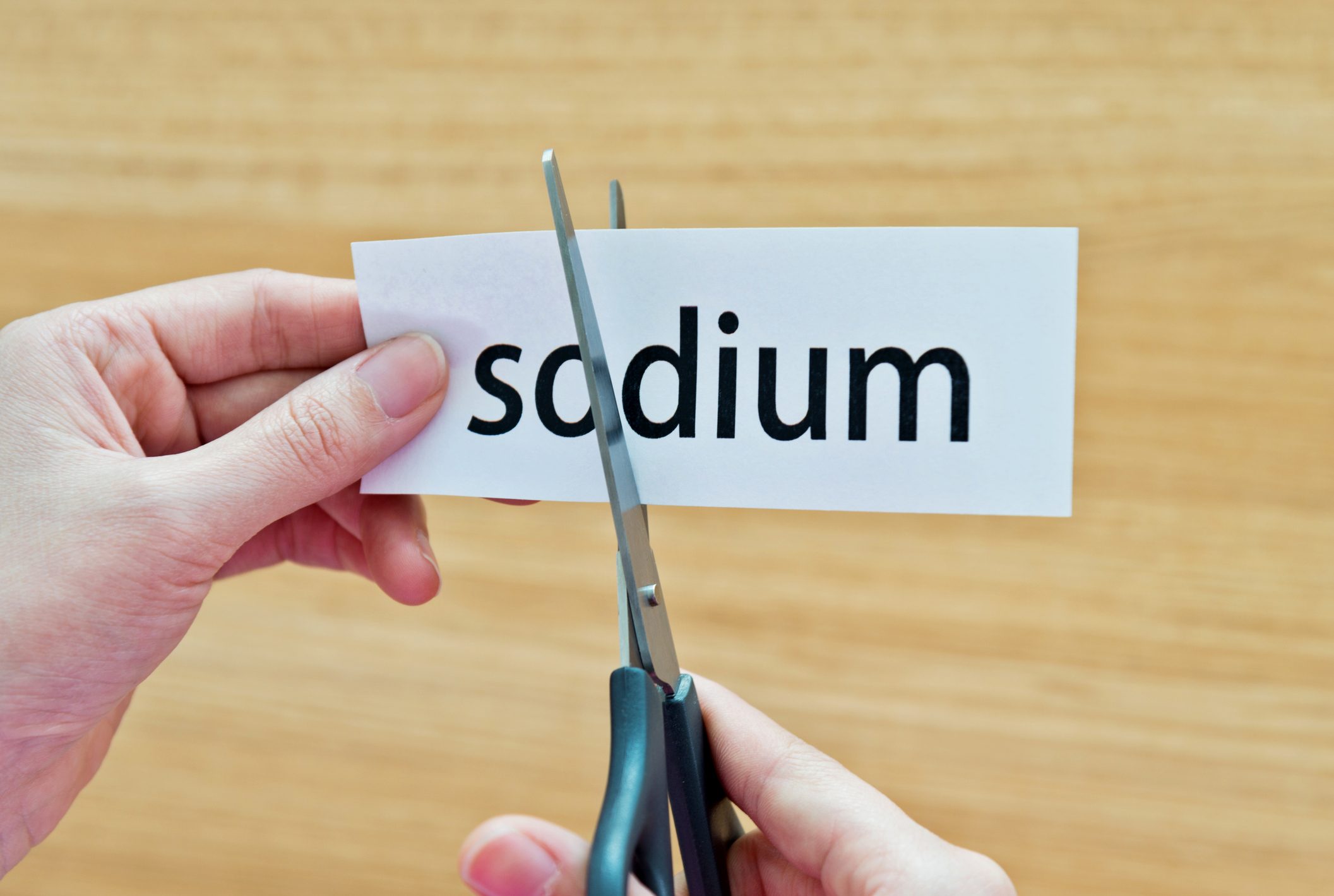7 Potentially Harmful Food Additives You Should Avoid
We all know what we should eat more of to be healthy, but how many of us know about the hidden ingredients in ultra-processed foods that we should be steering clear of?
;)
We all know what we should eat more of to be healthy, but how many of us know about the hidden ingredients in ultra-processed foods that we should be steering clear of?
A lot of us love a cheeky bit of cake or packet of crisps, a sandwich with white bread or a ready meal from time to time, but did you know that these foods, along with others, are classified as ultra-processed, and may contain ingredients that aren’t good for us at all?
A recent French study by scientists from NutriNet-Sante show that ultra-processed foods may be linked to cancer. This is especially worrying when you consider that a study by the University of Sao Paulo found that a whopping 50.7 per cent of the UK’s shopping trolleys are regularly filled with ultra-processed foods.
The UK tops the charts on this study, with the Germans coming in a close second at 46.2 per cent. It’s not just the potential link to cancer that’s concerning; a lot of the ingredients on our list are harmful to health in other ways.
Our busy lives and changing family structure means that it’s so much easier (and often cheaper) to reach for a ready meal or a loaf of sliced bread, but what can you do to reduce or eliminate these ingredients from your diet?
Below is a list of lurking nasties to look for in the ingredients list on your favourite foods:
Partially Hydrogenated Vegetable Oil – Artificial Trans Fat
Food manufacturers love this process which uses hydrogen gas to make vegetable oils solid, as it improves a product’s shelf life and taste. There is a link between trans fats and heart disease, which led to many countries banning it altogether. There is no ban in the UK, but most supermarkets and bigger fast food chains signed a voluntary agreement not to use artificial trans fat, although it is not clear exactly how many foods still contain it.
The British Dietetic Association recommends checking the ingredient list carefully for ‘hydrogenated fats’ or ‘hydrogenated vegetable oils’. The higher up the ingredient list it is, the more of it the product will contain.
High Fructose Corn Syrup (HFCS)
HFCS is a sweetener which contains around 50 per cent fructose, and 50 per cent glucose. The UK doesn’t use much of it, but in America it’s in almost everything. The complicated manufacturing process makes it extremely high in concentrated fructose, which can cause harmful effects, obesity being a major one.

E310 – Propyl Gallate
You may never have heard of propyl gallate before – on an ingredients list it is better known as additive E310, and it is widely used in the UK and other countries.
Its main role is to stop fats from oxidizing and turning rancid in processed foods, and it can be found in salad dressings, lard, and margarine spreads among others. It can cause gastric or skin irritation, and is banned in foods for babies and children because it can cause the blood disorder methemoglobinemia.
BHT – Butylhydroxytoluene
You may be eating this substance along with your healthy breakfast cereals. Also known as additive E321, BHT is an antioxidant commonly added to food along with E320 BHA to help stop foods from oxidizing. It is commonly found in vegetable oils, lard, carbonated drinks, cheese spreads, ice cream and dry breakfast cereals.
There are concerns about this substance causing tumours in laboratory animals, and it can trigger some other health issues and intolerances. It is not allowed in baby food, and restricted by the EU, but it is not banned in the UK due to industry pressure.
Nitrites
If you buy pre-packaged meat from your supermarket, sodium nitrite will probably have been used to help preserve it. There is a concern that nitrites can react with amino acids and form nitrosamines, which are cancer-causing agents. Fresh meat from your local butcher is a much better bet!
Artificial Sweeteners
Beloved of dieters, artificial sweeteners are linked to obesity, diabetes, heart disease and high blood pressure. Aspartame, acesulfame K, and saccharin can produce worrying adverse reactions. Aspartame has been linked to brain tumours, migraine and memory loss, as well as other conditions.
Processed Palm Oil
If you’re in the UK, you may have been aware of the cancer scare concerning Nutella spread in 2017. The culprit was refined palm oil. The European Food Safety Authority produced a report saying palm oil refined at very high temperatures contains high levels of contaminants which could be carcinogenic. The makers of Nutella hit back at the claims, saying they were unsubstantiated. Other foods containing processed palm oil include chocolate bars, ice cream and sandwich spreads among others.
The only sure way to avoid these processed horrors is to buy fresh ingredients and make food yourself, but that’s not always practical when you’re strapped for time. At least check the ingredients list out before you put that ready meal in your trolley!
;Resize,width=767;)
;Resize,width=712;)
;Resize,width=712;)
;Resize,width=712;)
